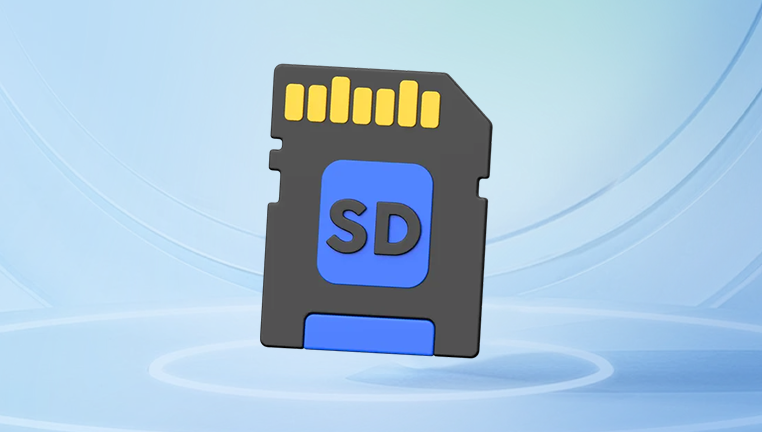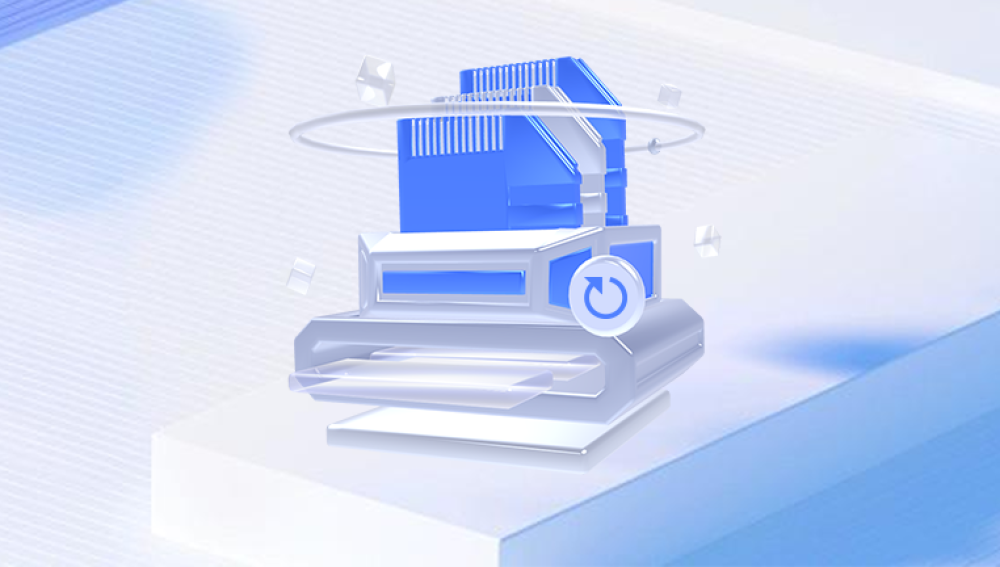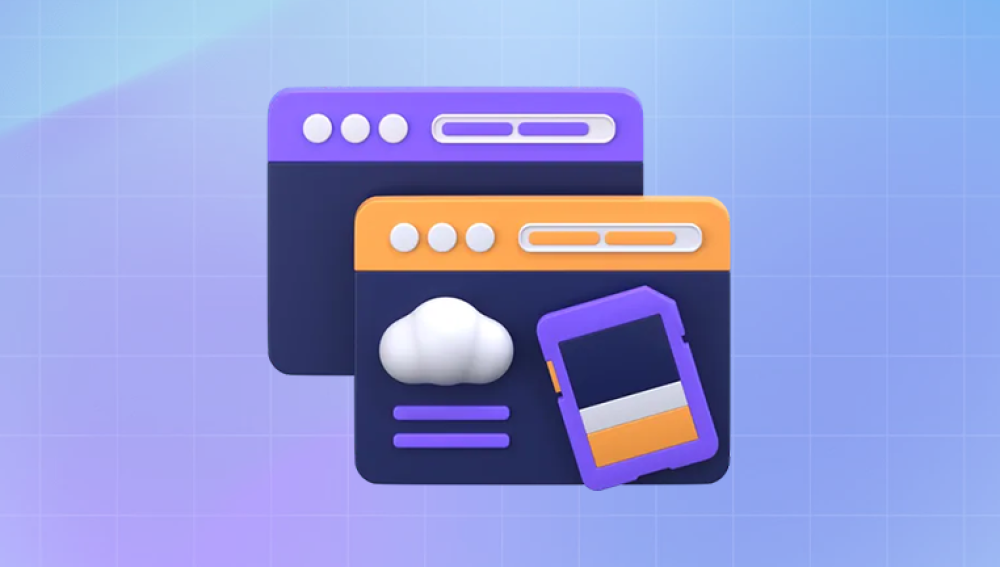One of the most distressing problems users face is file corruption, which can render cherished photos, essential documents, and valuable videos inaccessible. Fortunately, there are practical methods for recovering corrupted files from an SD card.
File Corruption on SD Cards
File corruption on SD cards typically occurs when the file structure is damaged, rendering files unreadable or inaccessible. This can happen due to:
Improper removal from devices without unmounting
Sudden power loss while transferring files
Virus or malware infections

Physical damage to the card
File system errors
Signs of Corruption
Some common signs that your SD card or files may be corrupted include:
Files that won't open or show error messages
Missing or renamed files
The SD card prompts for formatting when inserted
Unusual file extensions or blank files
Inability to copy or move files
Immediate Actions to Take
The moment you suspect file corruption, take the following steps to prevent further damage:
Stop using the SD card immediately to prevent overwriting data.
Remove the card safely from the device.
Do not format the card even if prompted.
Use a reliable card reader to connect the SD card to a computer.
Types of Corruption
Understanding the type of corruption helps in selecting the right recovery method:
Logical Corruption: Data remains physically intact, but the file system is damaged.
Physical Damage: Actual hardware damage to the SD card, often requiring professional recovery.
Tools and Software for Recovery
Several tools can help recover corrupted files from SD cards. Choose those that specialize in logical recovery and offer SD card compatibility. For this guide, we focus solely on methods and tools compatible with offline or open-source environments.
Step-by-Step Guide to Recover Corrupted Files
Step 1: Diagnose the SD Card
Insert the SD card into your computer using a card reader.
Check if the system recognizes the card.
Use built-in utilities (like Windows Disk Management or macOS Disk Utility) to detect file system errors.
Step 2: Use Error Checking Tool (Windows)
Open File Explorer and right-click the SD card.
Choose Properties > Tools > Check.
Follow the prompts to scan and repair the drive.
Step 3: Run CHKDSK Command (Windows)
Open Command Prompt as Administrator.
Type chkdsk X: /f (replace X with your SD card's drive letter).
Allow the utility to scan and fix file system errors.
Step 4: Use Disk Utility (macOS)
Open Disk Utility.
Select the SD card and click First Aid.
Let the tool scan and attempt repairs.
Step 5: Use File Recovery Tools
There are open-source and offline tools specifically built to recover files. Look for tools that:
Support SD card formats (FAT32. exFAT, NTFS)
Recover specific file types (photos, videos, documents)
Work in read-only mode to avoid data overwrites
Step 6: Preview and Recover
Once a scan completes, use the preview function (if available) to verify file recoverability. Select the desired files and save them to a different drive never save to the same SD card.
Preventive Measures to Avoid Future Corruption
Safely eject SD cards every time
Regularly back up important files
Avoid using one card across multiple devices
Invest in high-quality cards from reputable brands
Use antivirus software to protect against malware
When to Seek Professional Help
If the SD card shows signs of physical damage (burn marks, bent metal, etc.), or if no tool can detect it, it's best to consult professional data recovery services. Avoid DIY fixes in such cases as they may worsen the damage.
Corrupted files on an SD card can be alarming, but recovery is often possible with the right tools and approach. Acting quickly, diagnosing accurately, and using appropriate recovery techniques can make all the difference. Follow the guidelines in this comprehensive tutorial to restore your files and safeguard your data for the future.




